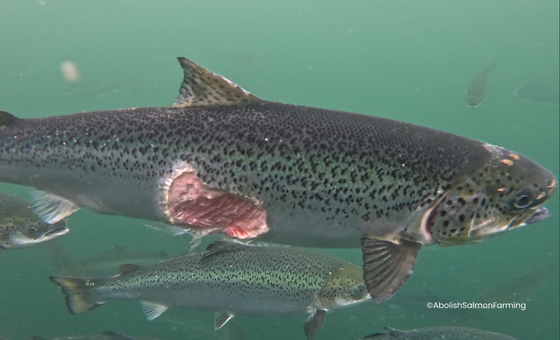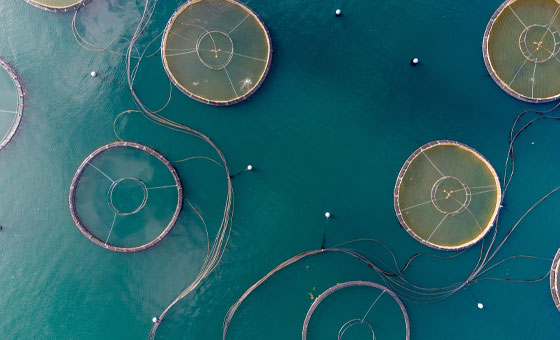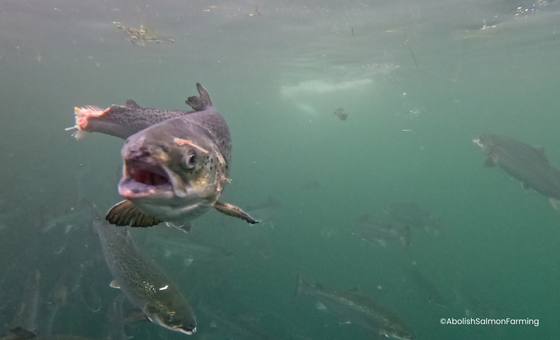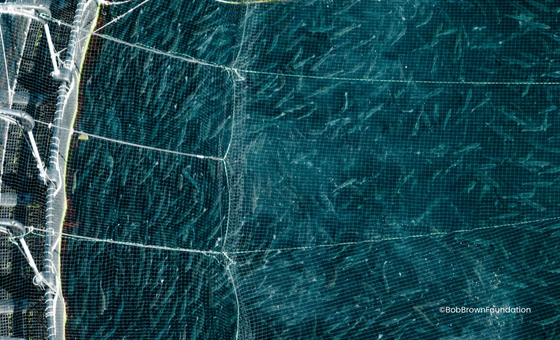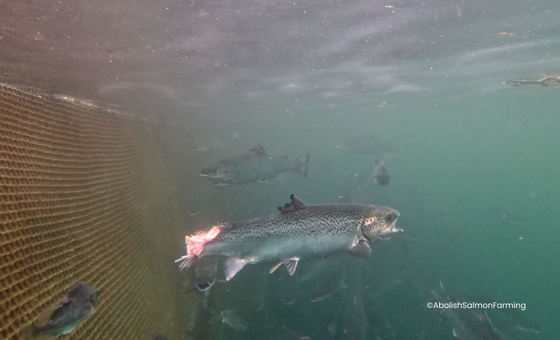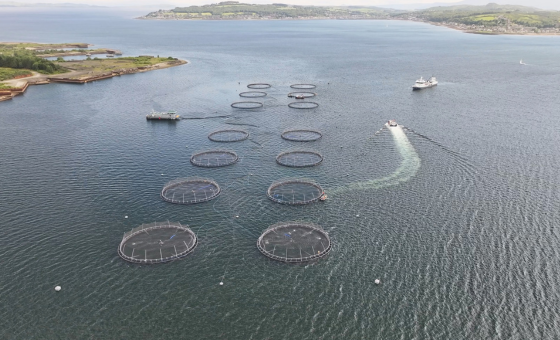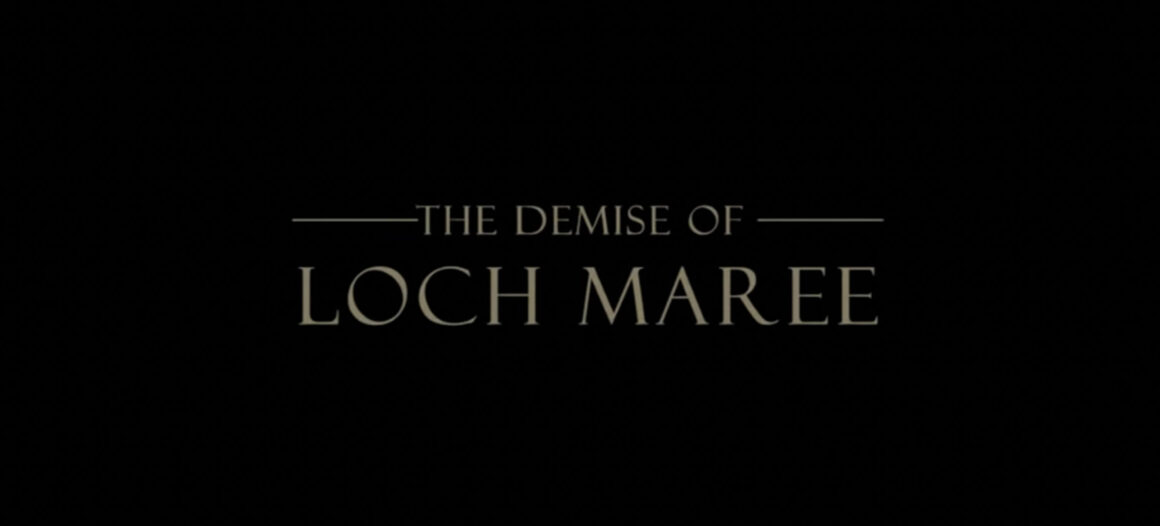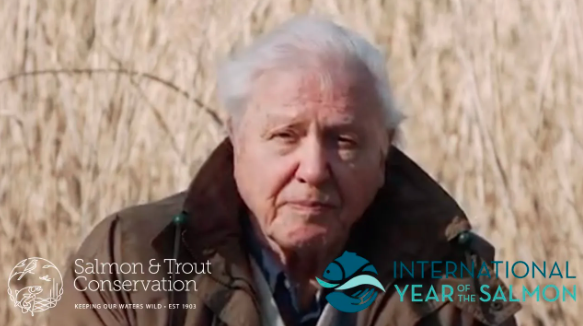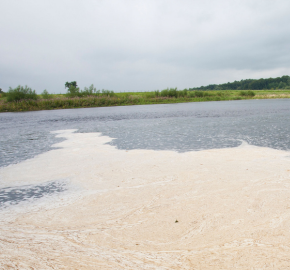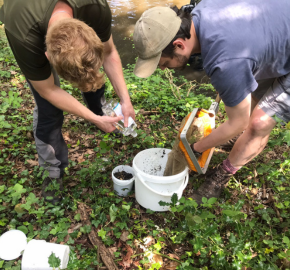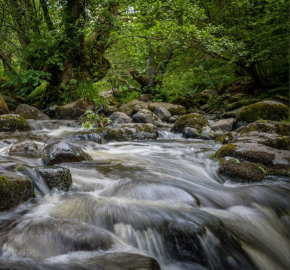Scottish Parliamentary inquiries demand fundamental change
In 2018, as a result of our petition in 2016, two all-party Scottish Parliament committees conducted a comprehensive inquiry into salmon farming. They highlighted the continuing negative impact of salmon farming in Scotland on the marine environment and on wild salmon and sea trout in particular.
RESULT: Unanimous agreement to recommend fundamental changes to the way the industry is regulated.
Scottish Government response: next to nothing
Since then, the Scottish Government has done very little to implement the recommendations of the inquiry.
In July 2021 it announced a “review” of the regulation of salmon farming. Disgracefully, a ‘review’ that is not scheduled to be concluded until the end of 2023. The first part of the review was published in December. Its recommendations, together with recent proposals from the Scottish Environmental Protection Agency to manage sea lice emissions from salmon farms, give very little cause for optimism that the severely negative impacts will be reined in.
The Scottish Government and its agencies are continuing to kick the can not only down the road, but also out of sight. Inaction is giving the industry yet more time to expand and increase the long-term threat to the environment and wild fish.
